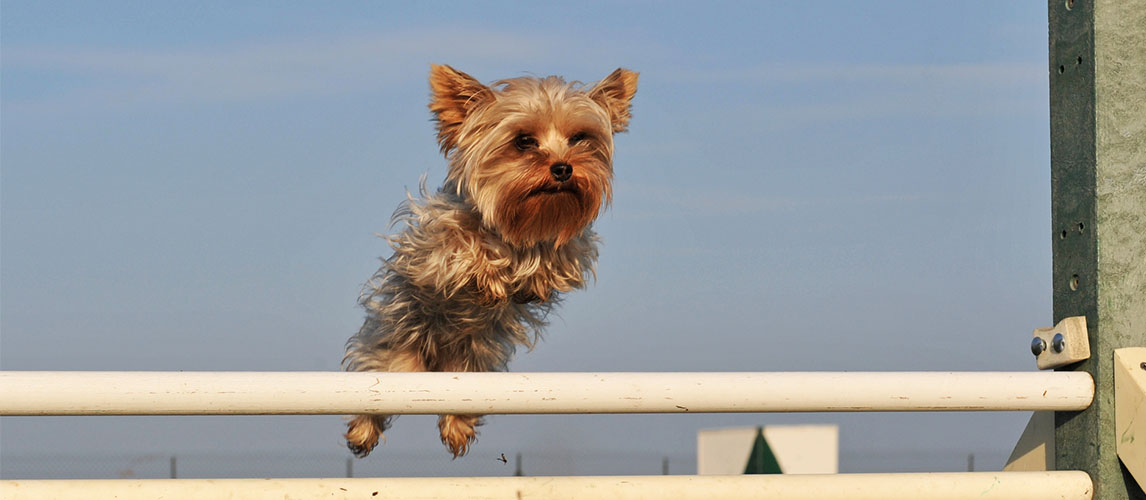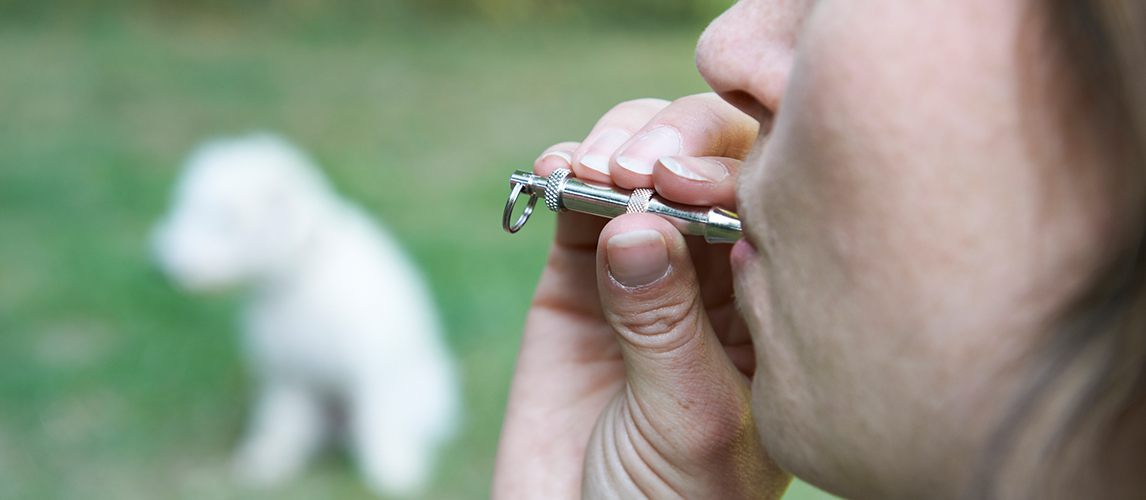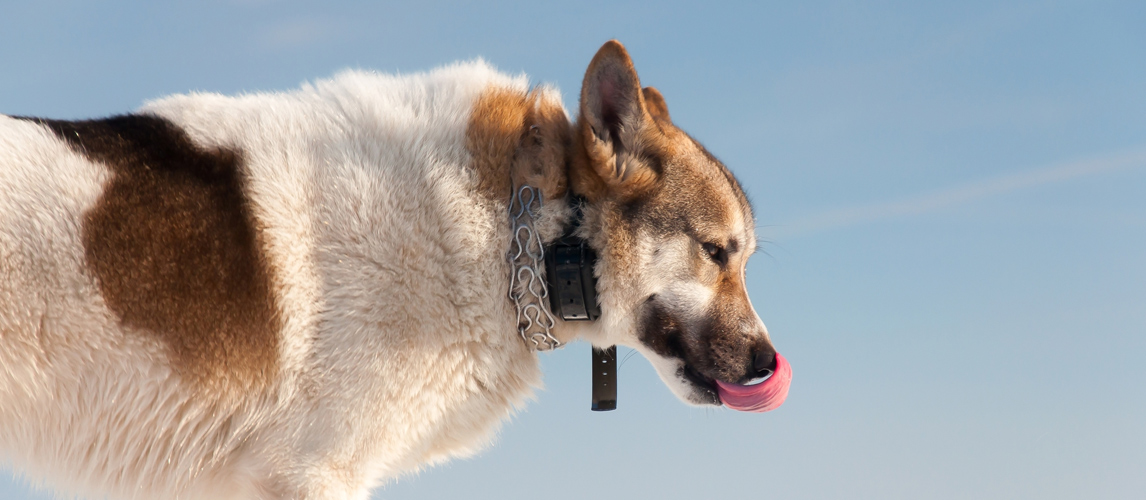Surely you’ve ever seen a picture of a dog that winks or maybe your own dog does that. Of course, this gesture is very cute and can cause us a lot of tenderness and affection, but have you ever wondered what message your furry friend is trying to pass across to you when it winks? It’s normal to assume that your pooch’s excessive winking stems from a health problem, however, just as humans have well-developed voice commands, hand gestures and movements as a way of communicating, in the same vein, canines have equally developed their own special way of passing on messages and winking is one of them. Despite this information, the truth is that dog winking has not been “scientifically” studied to affirm any facts, but thanks to the observations of experts in canine behavior, we are offered clues to the meaning of these gestures. If you have ever wondered what does it mean when a dog winks at you, the following reasons might be one of them.
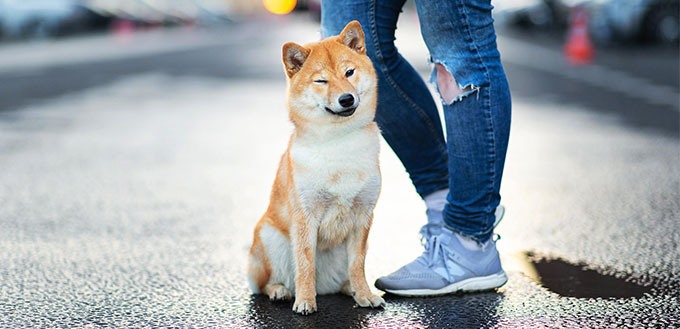
Looking for Attention
Every dog parent is sure to understand this to a great extent. You might have witnessed your pets craving attention by bringing their heads on your knees. Sometimes, when an indoor dog wishes to move outside, it can indicate its intention by pawing (hitting its paws) at the main entrance door. There are still those that would head towards the entrance, pushing their owner’s legs with the aid of their snout – this is all in a bid to get some attention. If you are the type that spends quality time with your dog, you will be able to gauge the message it is trying to pass across. Apart from vocal commands, this kind of established non-verbal communication forms the thin line between a trainable dog and the recalcitrant ones that are best described as untrainable.
Winking for Submission
While a dog making eye contact with another dog might signify aggression or dominance, it can mean a completely different thing with humans. Have you ever witnessed a meeting with a couple of dogs that don’t seem to like each other? Their normal behavior is to glare at one another eyeball to eyeball while they stand still – this is likened to a form of test of supremacy or dominance. The two dogs will be waiting aggressively for one to make the first move and submit by breaking the gaze. A fight would usually follow when this is not forthcoming.
However, breaking eye contact means submission when one dog looks away. Fighting will only follow in the event that neither of them wants to submit, and the winner becomes the dominant. When you stare at your pup, it will probably stare back and will most likely wink. This act of winking indicates submission to its owner, who it sees as the leader of the pack – this is exactly why winks that are often described as adorable; your pooch just looks so cute blinking one eye, and you just can’t help but reward it with a treat.
Making Eye Contact
Dogs don’t have the innate ability to make use of facial expressions like humans. When people engage in interpersonal discussions, eye contact is expected by both parties, who would normally consider it engaging and respectful. The same behavior is seen as a sign of belligerence or aggression with canines.
As established in the previous point, dogs tend to wink to show submission and from what is obvious, your furbaby doesn’t want to pick a fight with you, but then, that innate behavior of gazing and its inherent meaning to the canine population is still very much ingrained in all dogs. When you are lovingly talking to your pooch with a sweet and beguiling tone of voice, it is likely to make eye contact with you, holding it a bit before it drops – this contact is known to last for just a bit.
The wink might well be a way of breaking the gaze so that peace may reign. Apart from winking, you might have also noticed that your dog would normally cast its gaze downward for a short while before it returns back to look at you. Alternatively, it might also decide to shift its gaze, or perhaps allow something else to claim its attention.
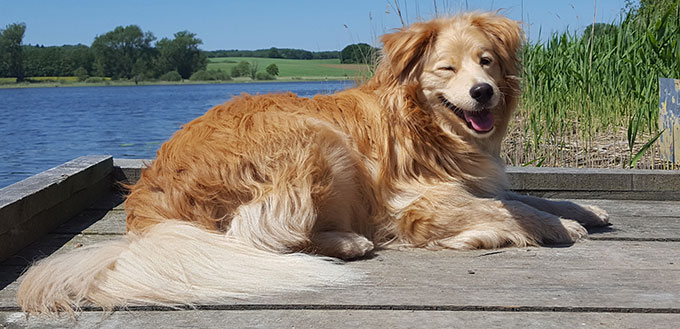
Displaying Happiness
Angry dogs can never display playful behaviors, on the other hand, once a dog is happy and sound both physically and emotionally, it would naturally wish to have fun playing with both its human family and other household pets. You might have noticed your dog blinking one eye while actively engaged in play. Experts are of the opinion that the happier a dog is, the more likely it will wink at its adopter. The wink might even be reciprocal, meaning that your pooch is winking back at you because it has observed that you were winking at it earlier. Apart from winking, there are still a plethora of other behaviors that indicate when a dog is very content and happy. So, to further clarify, the happier your dog is, the more it will wink at you.
Imitating Their Human Family
When your dog winks at you, it might be that it is simply mimicking what it has observed from you. Canines are credited with enough intelligence and are known to mimic whatever they observe around them. Normally, you might not immediately observe the fact that your furbaby is imitating you since the behavior would usually start out with little things; in explanation, you might start noticing that your dog likes to sit when it sees you relaxed, or it might doze off upon sighting you sleeping, or it will break out in a run when you have reasons to run.
Apart from the above-listed situations, a dog might also imitate other smaller behaviors from us, and that is where winking comes in. If you are the type that frequently winks at your pup, chances are that it will start learning the trick on its own, and will surprise you with a perfect wink before long.
No doubt, the psychological need for dogs to mimic what their owners do is essentially very positive. First, it makes training sessions very easy and fruitful and you can achieve more with a dog that has perfected the art of mimicking than one that is averse to your actions. Your dog would normally repeat whatever you do by studying the expected behavior in specific situations, then it will cast you in the position of a role model, and thus, any action that comes from you has to be followed with precision.
For multi-pet families, this act of imitation is easily noticed. The dogs in the family would see themselves as members of a pack, and it will not be strange to witness younger dogs following the lead of older ones, or the recognized leader of the pack. What’s more, a puppy winking at an adult dog wouldn’t be out of place in such a household. And while many dog owners are yet to come to grips with the fact that dogs have the natural capacity to imbibe new behaviors simply by observing the goings-on in their vicinity, dog behavior experts have been leveraging this trail for many years.
Additionally, dogs that are victims of abusive households generally go through psychological issues that affect the way they ought to behave. And once they are rescued, these dogs are assisted in their healing process through exposure to healthy, emotionally stable adult pups. More often than not, the traumatized dog will heal through the help of the healthy dogs, which it will view as a role model.
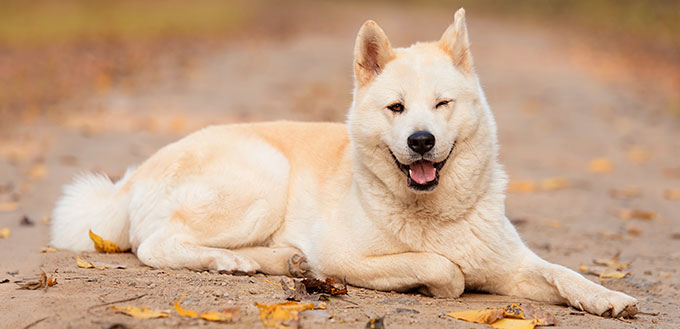
Health Condition
Distinct from the aforementioned, a dog winking could be related to a health problem. Notable among the conditions that can cause canine blinking is entropion – a genetic issue that gives rise to habitual blinking and winking. This kind of health issue is widespread among dog breeds with plump faces and short noses – a good example is the Chow Chows.
The condition is quite uncomfortable as it causes one or both of the dog’s eyelids to flip in the direction of the eyes (flipping inward). The winking and blinking are usually done to assuage pain, irritation, and discomfort – entropion can be rather painful, and if the situation is not halted in time, it could lead to more severe conditions like blindness, or what experts refer to as ulcerated corneas.
If you observe that your furbaby has suddenly started winking excessively, it would be a good idea to consult the vet since there is no DIY remedy for entropion. The condition can only be corrected through surgery, but it might be possible that your dog just ended up with some sort of irritant in its eye. Dogs are known to blink when such irritants like dirt, hair, or even dust come into contact with their eyeballs; however, we shouldn’t just assume, you still need to enlist the services of a professional who will rule out the possibility of a more serious health issue.
More Pet Product Reviews
Dog Knee Braces
Sunscreens for Dogs
Dog Pill Shooter
Liquid Bandage for Dogs
Salmon Oil For Dogs
Dog Thermometers
Dog Flea Combs
Dog Tear Stain Removers
CBD Hemp Oil for Dogs
Paw Protection Waxes For Dogs


